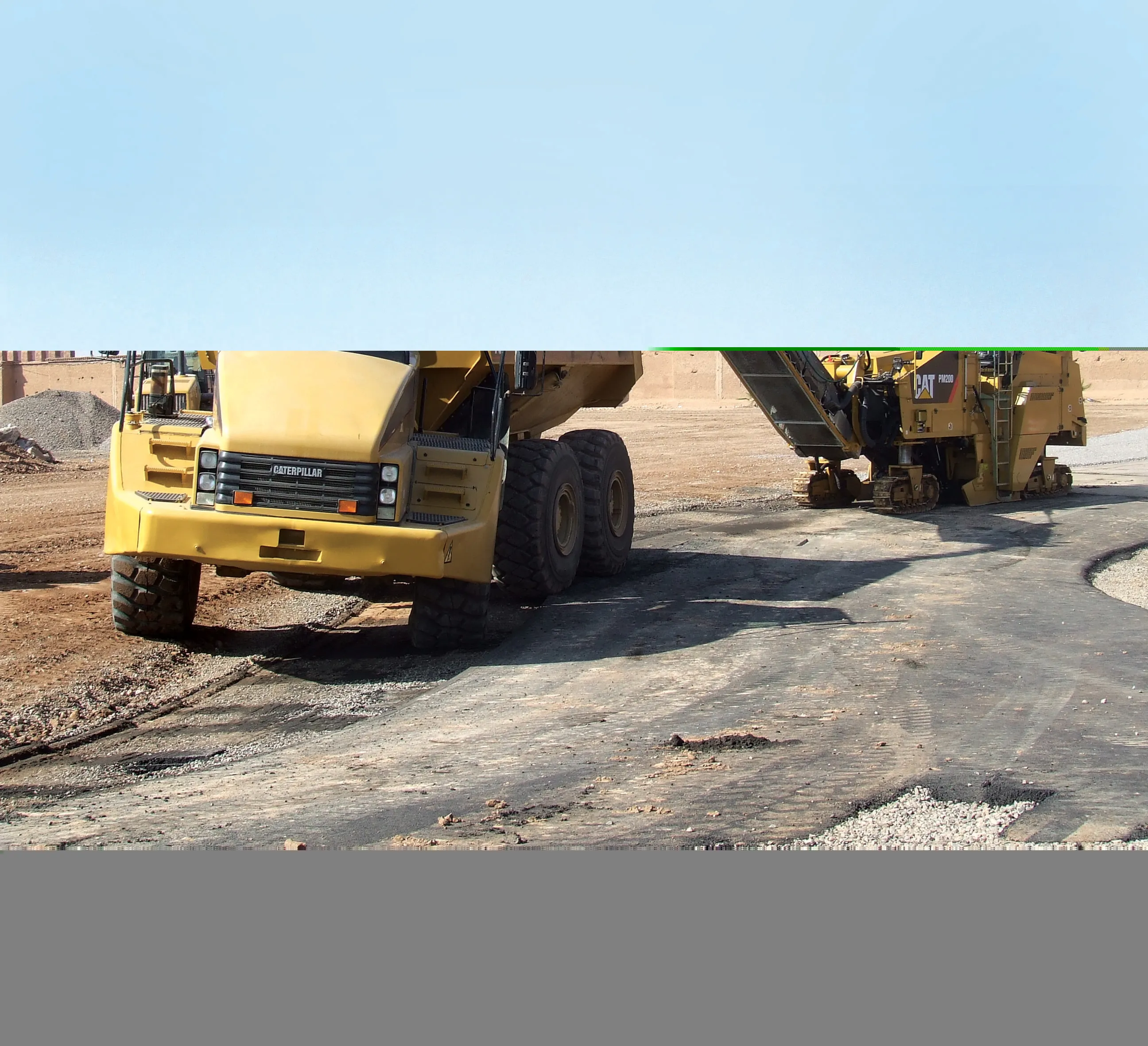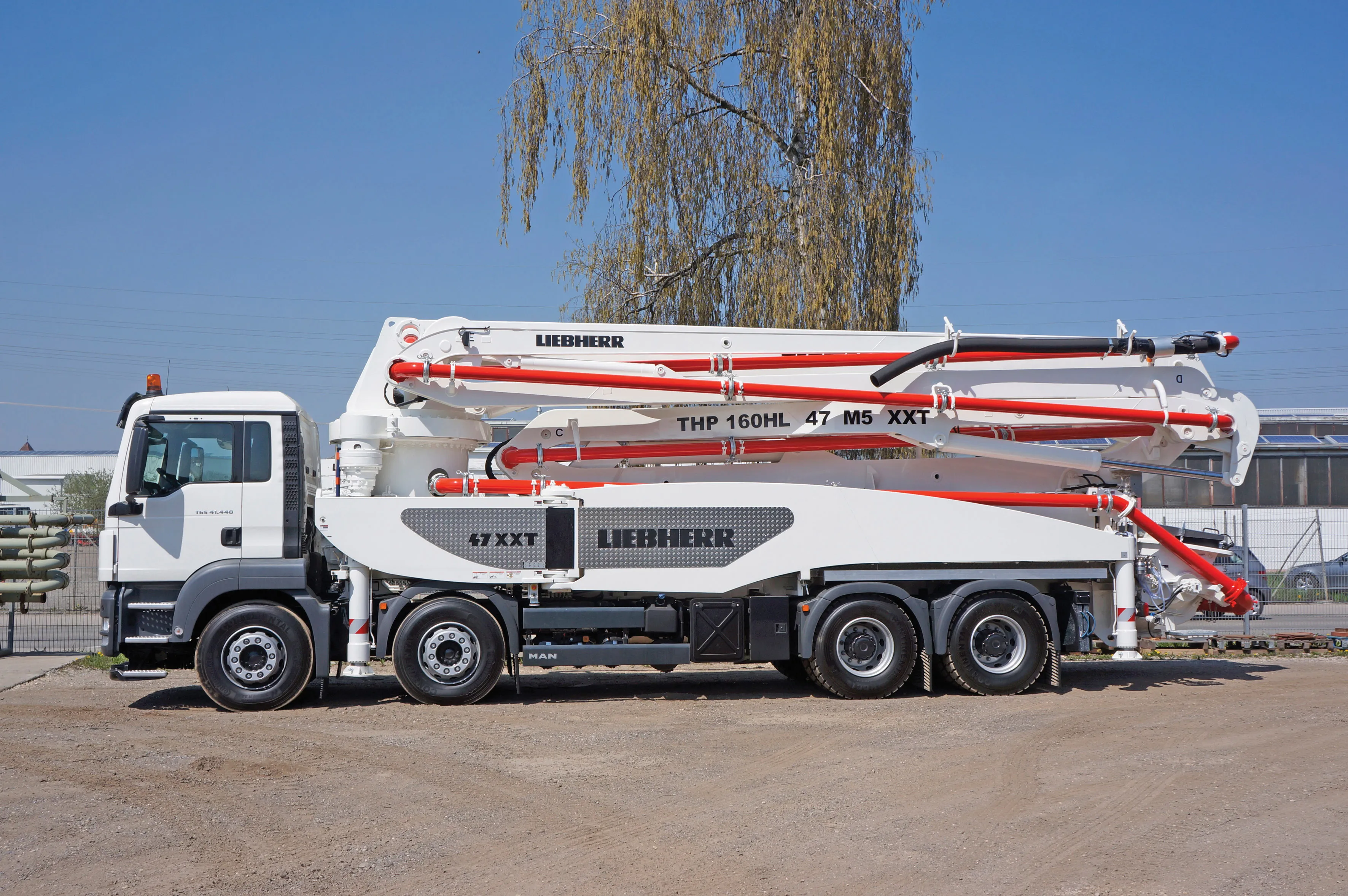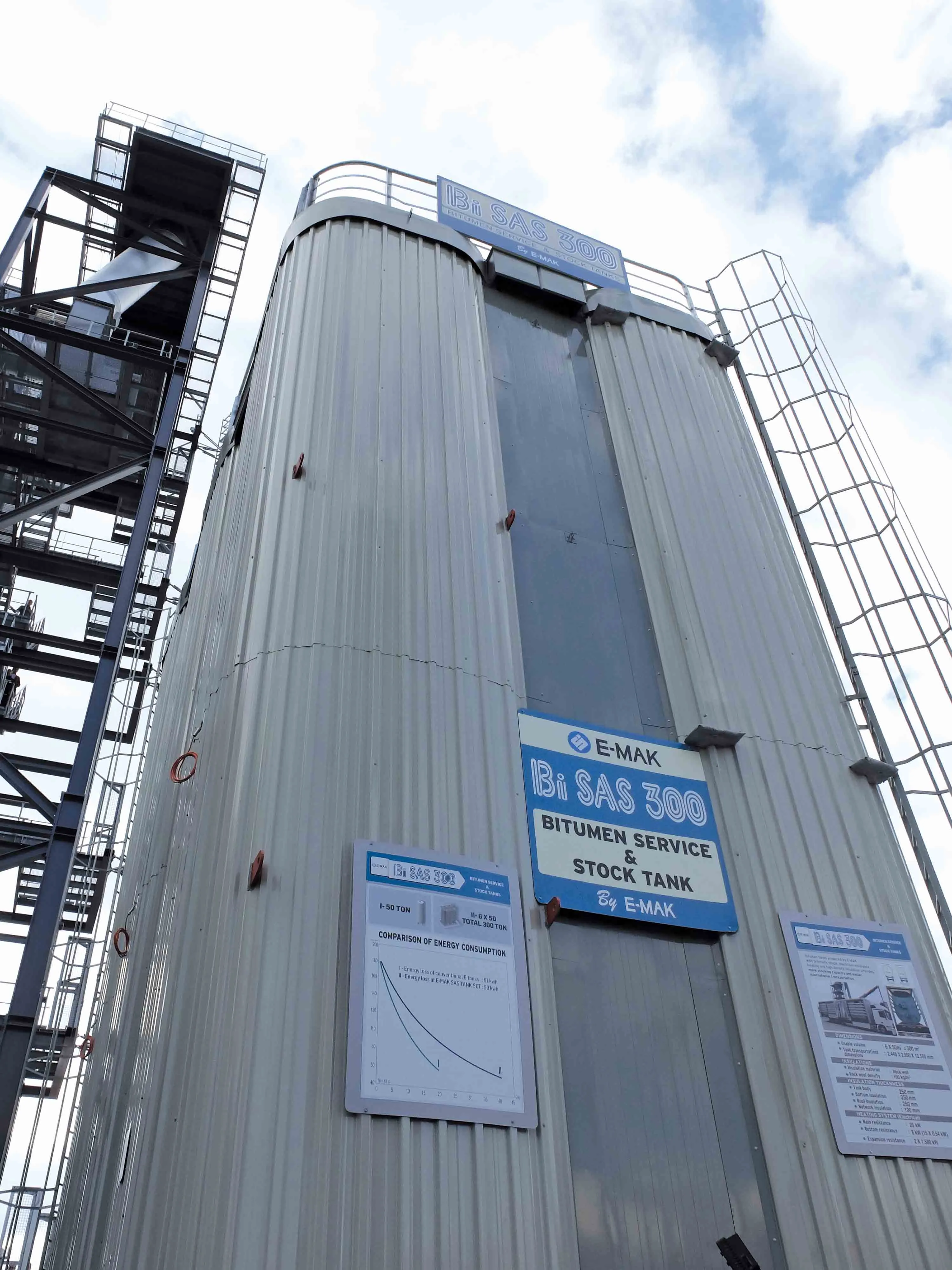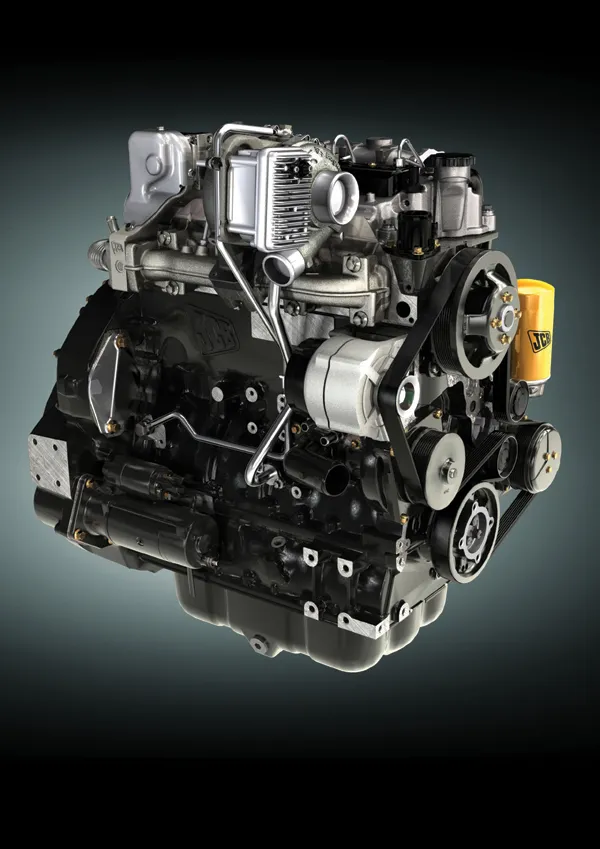Diesel and AdBlue together in the same tank makes for a more efficient and effective transport and delivery-to-machine process to worksites, according to Italian fuel tank manufacturer Emiliana Serbatoi.
The company has launched two versions of such tanks within its Carrytankline. Versions 400+50 and 330 were previewed to visitors attending the bauma exhibition in Munich in April. Carrytank 400+50 is the result of listening to customers saying that diesel and Adblue will become a primary necessity for th
July 7, 2016
Read time: 2 mins
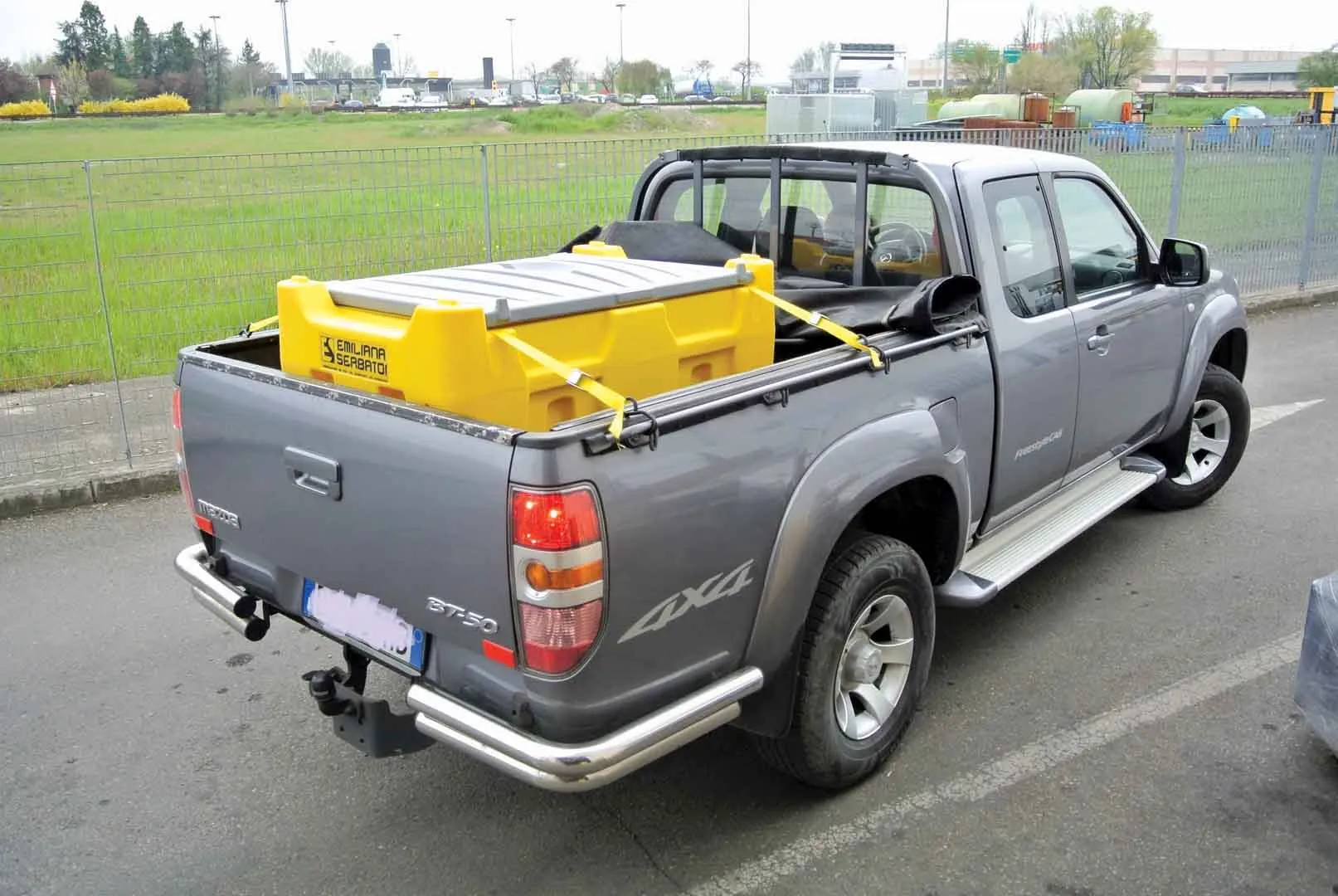
Diesel and AdBlue together in the same tank makes for a more efficient and effective transport and delivery-to-machine process to worksites, according to Italian fuel tank manufacturer Emiliana Serbatoi.
The company has launched two versions of such tanks within its Carrytankline. Versions 400+50 and 330 were previewed to visitors attending the bauma exhibition in Munich in April. Carrytank 400+50 is the result of listening to customers saying that diesel and Adblue will become a primary necessity for their machines in the near future.
Most of the space within the tanks is given over to diesel fuel, 400 litres, while Adblue is contained in a 50litre removable tank that the company says is very easy and handy to use. The AdBlue container can be easily extracted from the tank body and becomes transportable.
Both tanks are equipped with a pump and hose-nozzle combination for independent dispensing as well as for safety.
Carrytank 330 was developed in the wake of its big brother, offering customers the option of a 220litre version designed specifically for transport by pick-up trucks. This intermediate solution is available in several configurations depending on customers’ needs, is aimed at fulfilling the requirements of users for a prompt response on the transport of fuel.
Emiliana Serbatoi is based in Campogalliano in the central Italian province of Modena.
The company has launched two versions of such tanks within its Carrytankline. Versions 400+50 and 330 were previewed to visitors attending the bauma exhibition in Munich in April. Carrytank 400+50 is the result of listening to customers saying that diesel and Adblue will become a primary necessity for their machines in the near future.
Most of the space within the tanks is given over to diesel fuel, 400 litres, while Adblue is contained in a 50litre removable tank that the company says is very easy and handy to use. The AdBlue container can be easily extracted from the tank body and becomes transportable.
Both tanks are equipped with a pump and hose-nozzle combination for independent dispensing as well as for safety.
Carrytank 330 was developed in the wake of its big brother, offering customers the option of a 220litre version designed specifically for transport by pick-up trucks. This intermediate solution is available in several configurations depending on customers’ needs, is aimed at fulfilling the requirements of users for a prompt response on the transport of fuel.
Emiliana Serbatoi is based in Campogalliano in the central Italian province of Modena.


